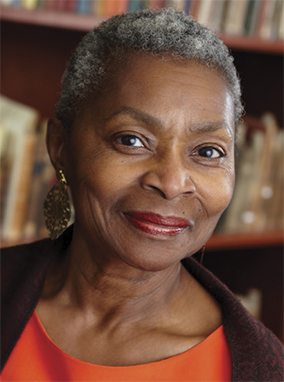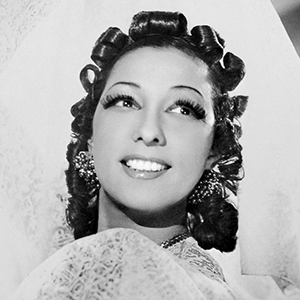HISTORIC BLACK VEGAS | Josephine Baker’s Las Vegas Legacy
May 16, 2022 by agutting@reviewjournal.com
Filed under Highlights
Josephine Baker’s Las Vegas Legacy
BY CLAYTEE D. WHITE
During the Jim Crow era, Josephine Baker left the United States and moved to Paris, France where she was treated in a professional, inclusive manner. There, she could entertain in front of integrated audiences, unlike only performing for segregated audiences in this country.
However, when she journeyed back to the U.S. to entertain after World War II, she demanded an integrated audience. One of her performances during this USA tour took place at the Last Frontier Hotel in 1952, when Blacks were only allowed to enter back doors of hotel casinos, could not dine nor gamble nor attend shows in those elegant confines of the Las Vegas Strip.
Baker had worked with the French Underground helping to resist the Germans after the invasion and occupation of Paris. Her act of resistance in Las Vegas did not win any wars but helped to chip away the barriers of racism in public accommodations. Her contract with the Last Frontier assured her a few tables each night for blacks to mingle in the showroom. It took a village to make this happen.
According to Lubertha Johnson, J. David Hoggard, and Woodrow Wilson, all leaders of the Black community, Baker took a cab to the Westside and located the president of the local NAACP and requested his help in integrating her audiences for the coming two weeks. Wilson, the NAACP president at the time, agreed to help with this act of defiance. All three remember that Josephine Baker was not only integrating the performance space but was staying in a cottage at the hotel as well.
They remembered her first night: When we got there, a line had formed and we went and stood in line. People looked but didn’t say anything. When they opened the door and started letting people in, we got to the door and the doorman said we could not come in. We asked “why?” and he said that he just couldn’t. So we said we are not going to move. Many people were in line behind us by that time and he called a security guard. The security guard called the manager.
In the meantime, Woodrow left to use the telephone to call Mrs. Baker. The manager told us that there was no way we could go in and if we did not move we would be arrested. Well, in a couple of minutes, Josephine Baker showed up, reminded them of the clause in her contract, and threatened not to perform if we were not seated. We had no more trouble.
Baker had resisted Nazi German practices during WWII and in her 1951-1952 US tour, resisted American systemic racism. Her bravery is still remembered and revered in Paris and in Las Vegas.







